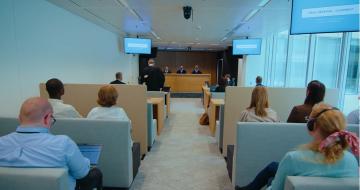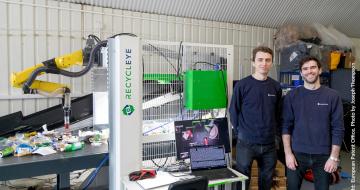The patent law does not solve the issue of holders of patent rights to inventions created by employees and officials.
The status of the employees of certain administrations sometimes resolves the issue. In Flanders, a decree applies to inventions created in universities and colleges (cf. Article IX.48 of the Flemish Higher Education Code). Broadly speaking, the regulations contained in these decrees state that the rights to inventions are assigned to the authorities responsible for the university or college. Also within the federal administration the status of State officials provides that the federal public service is the holder of the economic rights attached to the inventions made by the agent in the exercise of his or her duties or in accordance with the instructions of the federal public service.
For other employees and civil servants, the employment contract or the statute, respectively, will have to provide the answer. The employment contract or status must resolve the issue explicitly, in order for the employer or administration to be able to legitimately obtain the rights to the invention. If there is no legal solution, the rights will be assigned in accordance with the contract.
The court will be responsible for any disputes in the absence of a clear written solution. To determine whether it is the employer or the employee who enjoys the right to apply for a patent for the invention, the court will, in principle, make a distinction between three categories of inventions:
- service inventions: these are the result of research which is normally part of the role of the employee (or a special mission assigned to him). The employer acquires the patent rights to this type of invention. However, the employee will have a moral paternity right to the invention.
- dependent inventions: these are inventions that have a clear link to the activity of the business. For example, because the employee used the employer's resources to create the invention, such as the machines or know-how of the business, with or without authorisation.
It is not clear who will own the rights to the invention in such cases. The case law sometimes assigns the right to the employer and sometimes to the employee. Even if the employee becomes the owner of the invention, he will not always be in a position to use it fully, due to the obligations that result from his trade secrecy obligation or his employment contract.
In any case, a paternity right is granted to the employee.
- free inventions: these are inventions created by the employee on his own initiative, using his own resources and outside his working hours. If there is no link to his work or the business, it goes without saying that the employee will be the sole owner of the invention.


